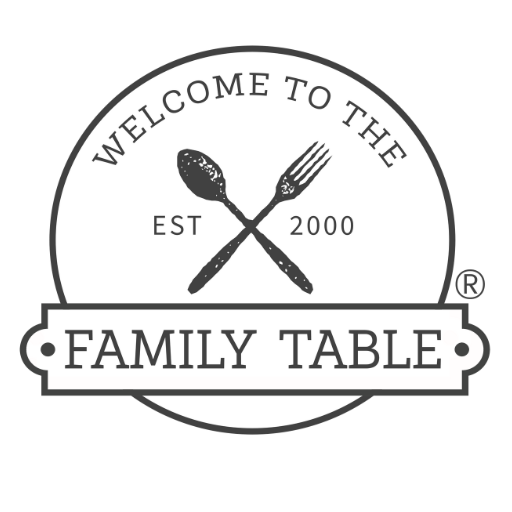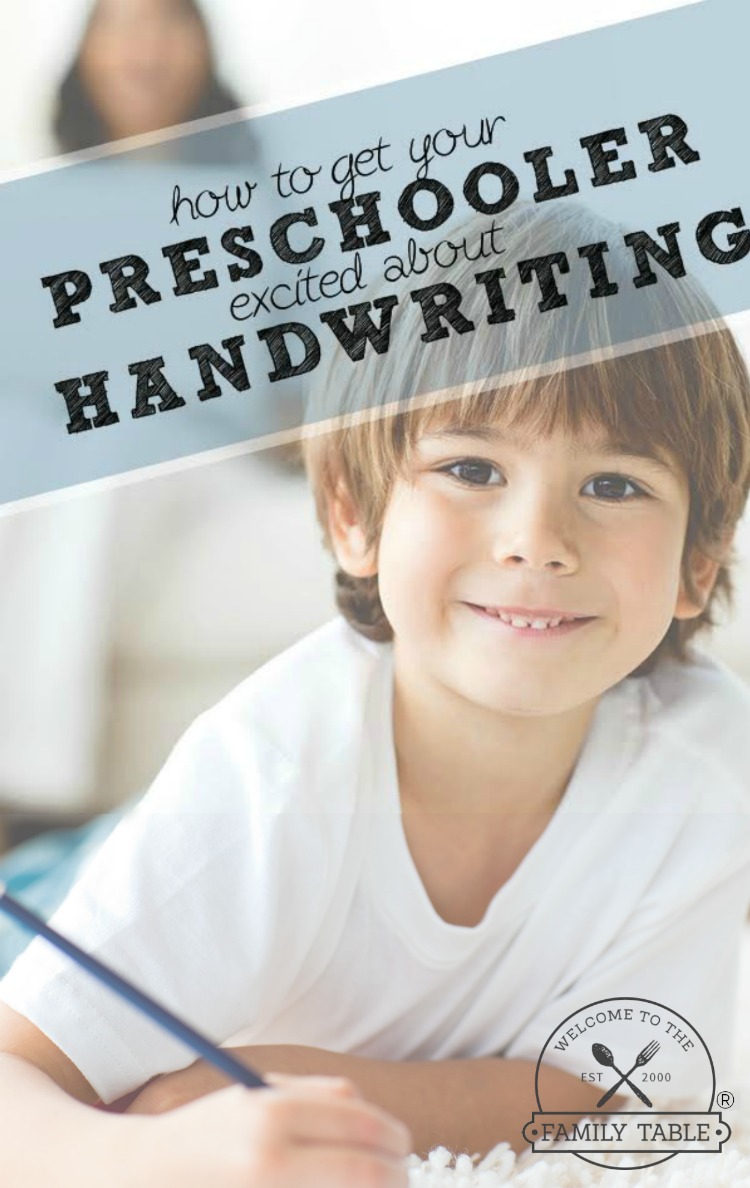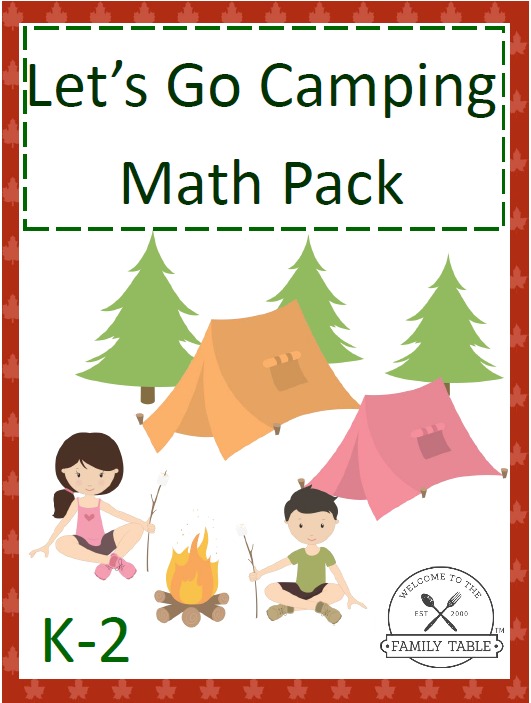The Dreaded “S” Word: Socialization
Before we began homeschooling, our son attended public school. I will never forget the day that our then 6-year-old came home and reported to us that someone had said the “S word” at school. You can imagine my thoughts. I asked him what they said and assured him that he wouldn’t get in trouble for telling me. He leaned in and whispered to me in his cute little kindergarten voice, “She called another girl stupid!”
Of course, I told him that we should never call another person stupid, but I was more than a little relieved that that was the “S word” we were talking about.
As homeschooling families, we have another dreaded “S word,” don’t we? You all know it, so say it with me: Socialization.
I think all homeschooling families have been asked at some point, “So how do you make sure your kids are socialized if they aren’t in a classroom full of other kids all day?” I’m pretty sure that parents that homeschool only children, like us, get an extra dose of these questions.
How on earth can our only child learn how to live well with others when he doesn’t attend a school everyday and he doesn’t have a bunch of siblings at home?
We want the same things for our son that many of the questions about socialization point to. We want him to know how to resolve conflict, think of others before himself, make friendships, and be able to interact with others in a polite, Christ-like manner. Were we denying our son “socialization” by homeschooling him? I decided to take a snapshot of the people that our son interacted with for a week. I counted both children and adults; after all, nowhere else in life, other than school, do we spend most of our time with only people our own age. So who all did he have meaningful interactions with during the week?
- Mom and Dad (of course)
- Afternoon fitness program at our local gym: 7 other kids and 2 adults , ages 7-22
- Wednesday night church activities: Dinner, knitting group, children’s games: 22 kids, 9 adults, ages 4-75
- Local homeschool group enrichment classes: 17 kids, 6 adults, ages 7-55
- Sunday morning church activities: 12 kids, 10 adults, ages 3-80
- Playing with the neighbors: 2 kids, ages 7 and 10
- Volunteering at the Humane Society: 5 people, ages from late teens to mid-60s
(We go regularly to play with the cats to help them get used to a variety of people. How ironic is that? A homeschooler helping to “socialize” another species!) - Our favorite babysitter: 1 adult, mid-20s.
If we add all that up, that’s around 60 kids and 33 adults, ranging in age from 3 to 80. And that doesn’t include the other people that our son might interact with during the week. The guy at the pet store that takes the time to tell our son about all the snakes and lizards they have. The librarian at the local library as they discuss a much-loved book. The college student at our favorite local burger place that has a lengthy discussion with us about the symbolism in Star Wars. The older couple from our church who needs a little extra help packing up prior to a move. The new friend made at the playground. The other kids and adults in the community theater production.

Include periodic visits to museums, events, and attractions, out-of-town visits with family, dinners with friends, and outings with our church’s father/son group, and it adds up quickly. Thos is especially true when we compare it to the 25-30 other kids and a handful of adult teachers that he used to spend most of his days with.
I know some might say, “But kids who attend school also do extracurricular activities so they are interacting with additional people, too.” That is absolutely true, but I’ll be honest and tell you that that was not happening very much in our family.
Our son, while being quite outgoing in his personality, is most definitely an introvert. Even though he enjoys being around people, he does not gain energy from it. When he was in school, he was so exhausted from being around other people all day, that evenings became his “down time” and we didn’t participate in much outside of school. (That doesn’t even get into the hours spent each night on homework.) Now that we homeschool, his recharge time–when he’s not really around others–is built in throughout the day and we are actually involved in more things than we were before. In many ways, I believe that being homeschooled has allowed our son to be more “socialized” rather than less.
I know that it’s not just about numbers, however; it’s about opportunities for real, meaningful conversation and connection. We have found that there is also more opportunity for that in homeschooling, both within our family and outside of it. Our son seems less concerned about embarrassing himself in front of his peers and is more willing to go out of his way to interact with people. He feels less pressure to fit into a certain social mold, and, as a result, is much more confident in who he is and is more willing to share himself with others.
Our son is 11, so I often think about the story of 12-year-old Jesus traveling with his family from Nazareth to Jerusalem for Passover. It is a journey that would have taken place around this time of year. I think of the caravan of people, “relatives and friends” as the Gospel of Luke tells us, of all ages, traveling on this 80+ mile journey together. Talking together, laughing over a much-loved and often-retold memory, sharing about everyday life’s ups and downs, seeking each other’s advice and counsel, learning from one another. I think of Christ, sitting among the people in the temple–the teachers, the others of all ages who were there to learn. This same experience is what we want for our son. An education that not only comes from books, teachers, and peers, but also from others of all ages and walks of life, living life together, traveling life’s path together. This is the kind of socialization we want for our child. And at least for our son and for the gifts, talents, and personality God created him with, homeschooling offers the best opportunity for achieving that desire.



One Comment
Comments are closed.